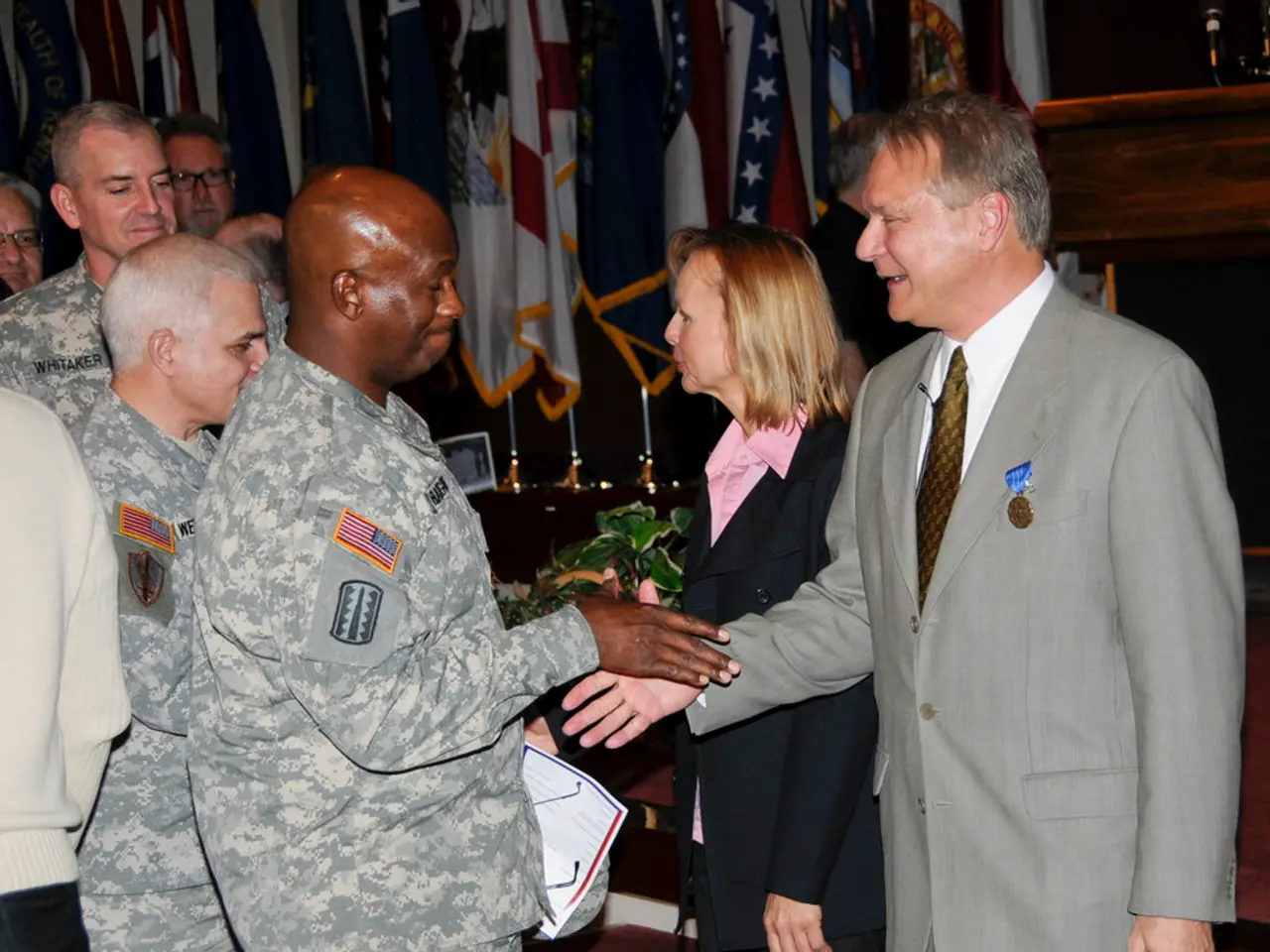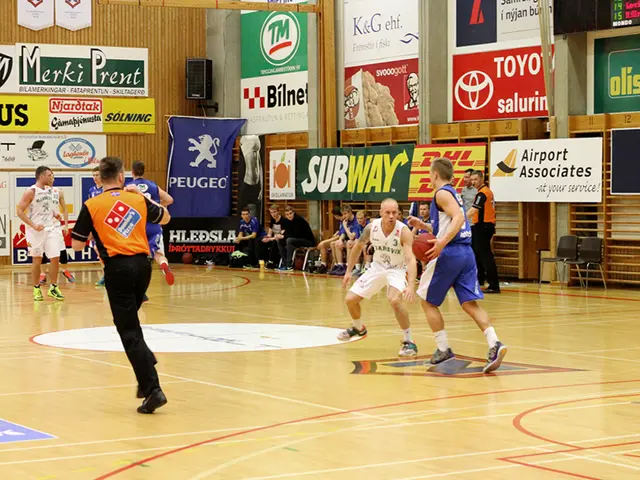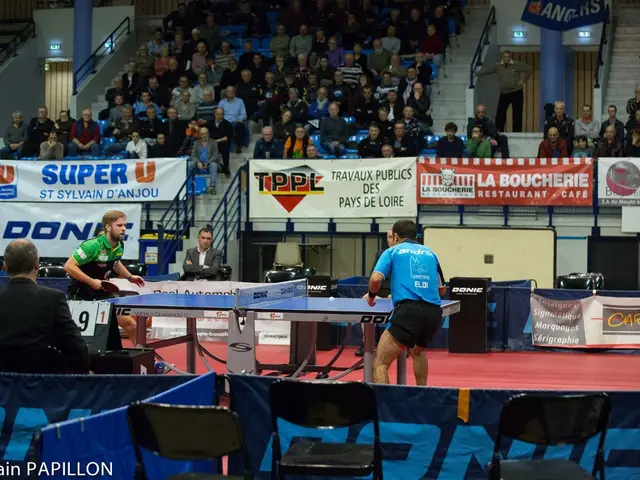Brussels' prolonged political stalemate, lasting 400 days, could potentially come to an end soon.
In the heart of Europe, Brussels finds itself at a critical juncture as negotiations to form a new regional government have resumed, following a 400-day impasse. The involved parties, each with their unique positions and challenges, are now working towards overcoming these obstacles and forging a united front.
Key Players and Their Positions
The liberal MR party, a pivotal player in the negotiations, is advocating for conditions similar to those used in other regional and federal negotiations. However, this stance has caused friction, contributing to the deadlock in talks.
The PS, another crucial player, has been reluctant to work with the Flemish nationalist N-VA, a decision that has stalled previous negotiations.
Yvan Verougstraete, leader of Les Engagés, has been appointed as a facilitator to help unblock the negotiations. His goal is to bring parties together to discuss a positive project for Brussels. Groen, the green party, supports Verougstraete's efforts and is part of the parties aiming to form a government through collaborative negotiations.
The Open VLD and Vooruit, the socialist party, are also part of the negotiations, with Vooruit supporting the facilitation efforts led by Yvan Verougstraete. As for the Open VLD, their current stance in the provided context is not explicitly mentioned.
The N-VA, a Flemish nationalist party, has been a contentious presence due to the PS's reluctance to form a government with them.
Verougstraete, as the facilitator, is tasked with bringing parties together to agree on a common program and build a majority around it. He emphasizes the need for an ambitious project and strong leadership for Brussels.
The Challenges Ahead
The path to a new regional government is fraught with obstacles. Brussels' highly fragmented political landscape, with the emergence of parties like Team Ahidar and the far-left PTB, makes forging a workable coalition increasingly difficult.
Moreover, the delicate balance between Dutch-speaking and French-speaking parties adds complexity to coalition negotiations. The need for an immediate double majority (both linguistic groups) can complicate negotiations, as parties may not agree on key issues.
Historically, parties like the PS and N-VA have had difficulties in agreeing to work together, which has stalled negotiations in the past.
A Step Towards Overcoming Challenges
The appointment of Yvan Verougstraete as a facilitator represents a significant step towards overcoming these challenges, by encouraging dialogue and cooperation among the parties involved.
If an immediate double majority cannot be reached, the four appointing parties plan to continue developing the programme while maintaining open lines of communication with parties not currently involved.
The negotiations will start with an attempt to agree on a common programme. The regional government in Brussels consists of a minister president, four ministers (two per language group), and three state secretaries, one of whom must be Dutch-speaking and aligned with ministers of the same linguistic group.
As the negotiations unfold, the hope is that the parties will find common ground, leading to the formation of a new regional government for Brussels. The city, as a cultural and economic hub, deserves nothing less than a government that can effectively address its challenges and seize its opportunities.
This marks the beginning of a new chapter in Brussels' political landscape, one that promises to be as challenging as it is significant. The resumption of negotiations is a testament to the resilience of the democratic process and the determination of the parties involved to serve the people of Brussels.
Political parties in Brussels, including the liberal MR, PS, Open VLD, Vooruit, Les Engagés, and the N-VA, are engaging in policy-and-legislation discussions to form a new regional government, following a prolonged impasse. The formation of a government is particularly challenging given the city's complex political scenario, war-and-conflicts among parties, and the need for an immediate double majority due to language differences. As a step towards addressing these challenges, Yvan Verougstraete, appointed as a facilitator, will endeavor to create dialogue and common ground among the parties, with the goal of forging a united front to tackle general-news issues and seize opportunities for Brussels.








